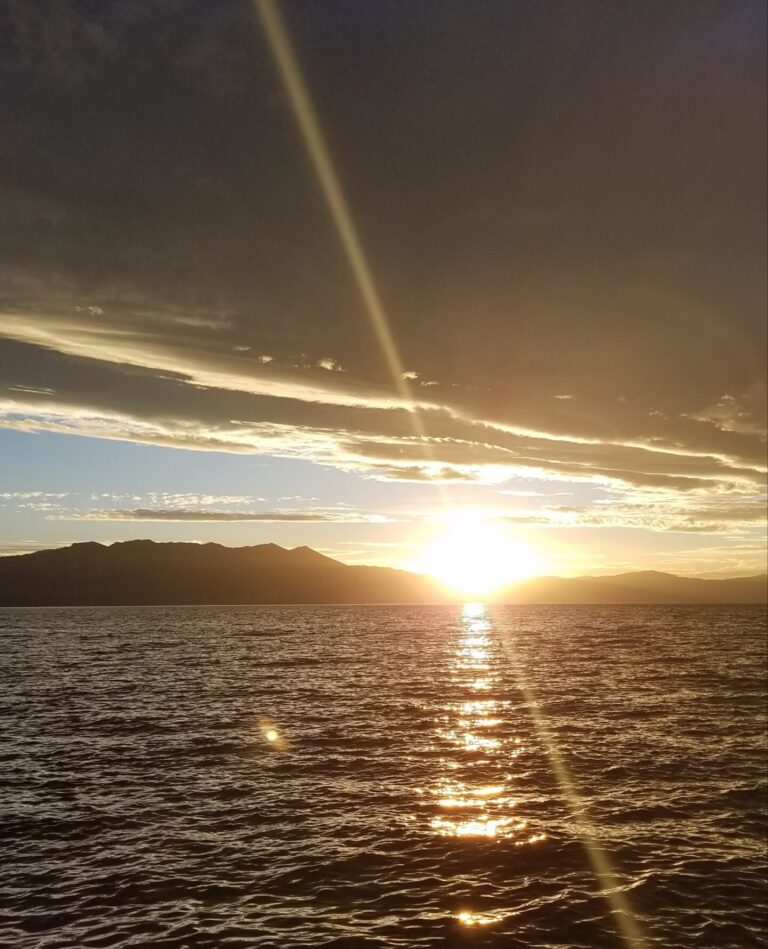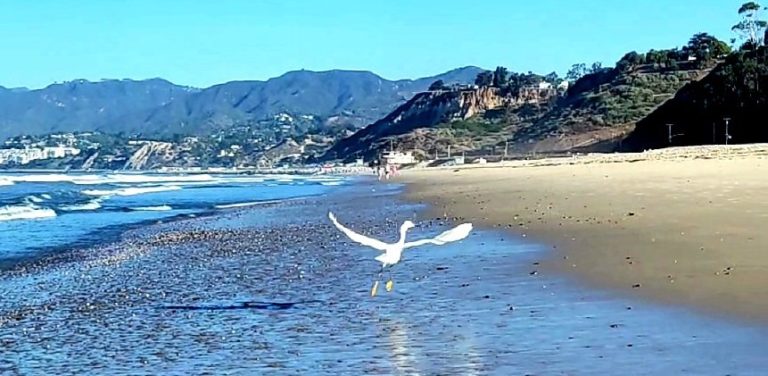William Welch – 3 Poems
It doesn’t matter how old I grow, the kings of Egypt
will never say my name. Not only the first-born succumb
to...

Moses And Al-Khidr
“Let’s keep disaster remembered in our poems.”
—Robert Bly
I wake each morning counting plagues on my fingers,
though by evening, locusts turn into the meek and poor.
That isn’t blood filling the Mohawk River, it’s wine.
Who can keep tally now between right and wrong?
When I think the worst has happened, someone kisses me
on the cheek. Quick, I call out, pass me the wine!
What is loneliness? Moses asked al-Khidr. He saw
boats stranded in a desert far away from sea, each
struggling through sand dunes with ballasts of wine,
and a single shoe walking without a foot along
the highway. “You don’t have enough patience,”
said al-Khidr, and he vanished through a cup of wine.
What light is that running over your face like water?
Why does a daughter’s visit end with her parents’ death?
Was there something else she brought besides wine?
It doesn’t matter how old I grow, the kings of Egypt
will never say my name. Not only the first-born succumb
to loneliness. We all live that way, aging like wine.
Keep your distance, Midas told his son. Don’t bring food
or anything to drink. He answered, I will hold the glass
so you can see yourself reflected in the wine.
Peau De Cerf
Inspired by the fairytale Peau d’An.
I have no daughter to tell tall-tales,
the story of Jonah swallowed by a fish, or Ahab’s anger,
like that young girl, maybe four years old,
stepping toward Starch Factory Creek.
Even from twenty yards away, I can see a change
come over her as she looks down into the creek bed
filled with flood debris from the storm we had in spring.
A tree ripped loose upstream lies stripped of bark,
its dried trunk white, smooth, like mammal bone.
If I told her, “There’s the carcass of a whale!”
would she believe me? Or, wise one, would she answer:
“Whales can’t swim this far up streams!”
The child’s mother limps along a footpath,
calling her daughter’s name—but her voice has no effect.
Fixated by what she sees, the girl stands staring
over the embankment. Her mother looks—
and shouts “COME HERE!”
Lunging, she picks her daughter up.
The girl doesn’t fight, or cry. She simply looks
one more time over her mother’s shoulder
as the woman carries her away.
What could frighten an adult but not a child?
Amused, ready to be mesmerized, I stand
where my could-be daughter stood, look down,
and see the head, torso, and forelegs of a deer.
Caught off-guard by the animal’s made-you-blink stare,
I step away, then turn, and make myself look again.
What would I tell my daughter about this?
Where could I say the other half of its body went?
Maybe my first impulse would be the same,
to carry my child away from death as quickly as I could,
and if she asked what happened to the deer, begin—
Once upon a time, there was a young woman
cursed by a witch, made half deer, half human.
But the curse was broken yesterday with a kiss,
and like an actress stepping out of her costume,
she pulled her deer skin off. Its face looks empty,
like a cicada shell after the insect molts. You see?
She would shake her head in disbelief:
“I’ve heard that story already.”
And because I know that’s what she would say,
and because I want to be an honest father,
I would let her look as long as she wanted.
The Hoopoe
(In legend, the hoopoe grows magic herbs that people could steal to make themselves invisible. John Harrison was the inventor of the chronometer.)
When John Harrison first looked inside a clock,
it must have been like peeking into an abandoned nest—
minutes were stuck between the gears like eggshells, seconds
fluttered to the floor. He knew better than to look for the bird.
Maybe someone opened a window to let it out—the way a nurse will
when a person dies: “We don’t want to trap a ghost in this room,”
Naomi said, but I was surprised she still believed
a spirit could be stopped by glass. Are we catching fireflies?
There are birds you have to be careful with—they know
how to make themselves invisible with magic herbs
that grow inside their nests. If you touch them,
you’ll disappear. You’d better wear gloves if you have to
handle the hoopoe’s herb, there’s no medicine to undo their spell,
no aloe or calamine soothes the burning. As for the bird
that built this clock, it already left its feathers in your hair.



